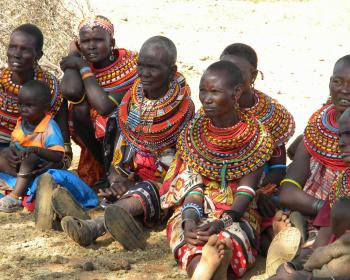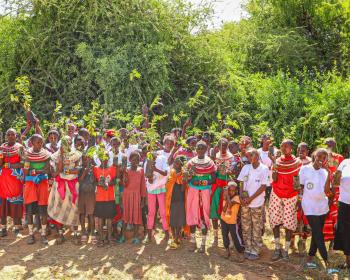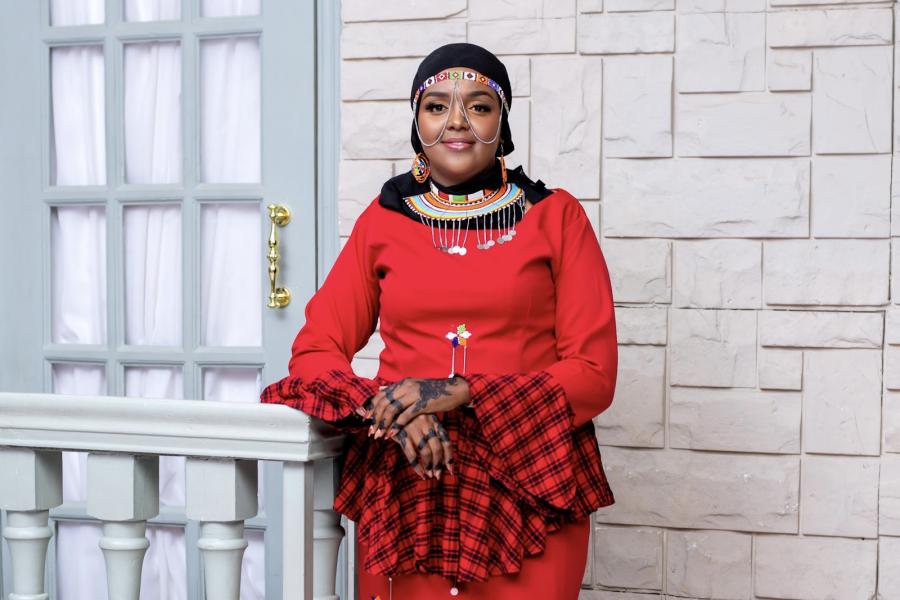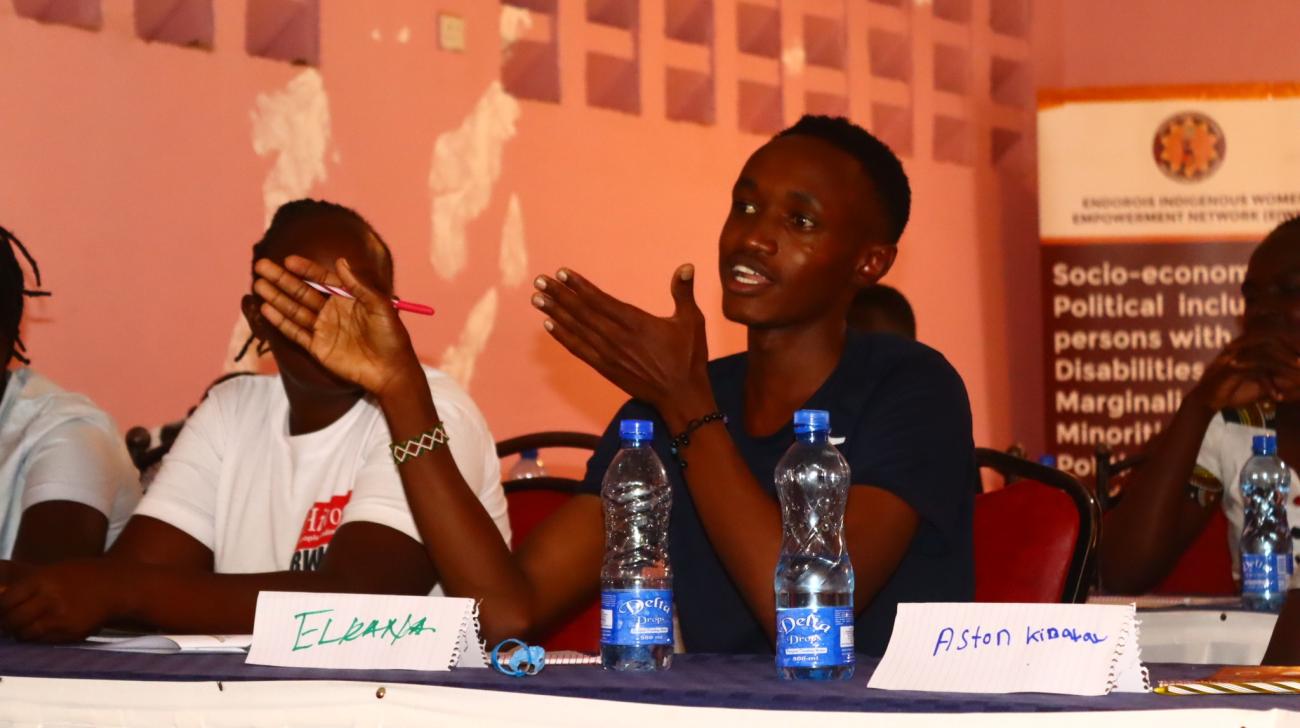
By Titus N’getuny, Communication Officer, Endorois Indigenous Women Empowerment Network (EIWEN)
For generations, the Endorois Indigenous community, deeply rooted in their ancestral lands around Kenya's sacred Lake Bogoria, has faced underrepresentation and mischaracterization in national media. This systemic exclusion not only threatens their cultural survival, but also hinders their ability to advocate for their rights and shape their future. To combat this, the Endorois Indigenous Women Empowerment Network (EIWEN), a women-led grassroots organization, launched a transformative initiative: the "Indigenous Voices Unleashed: Strengthening Community Media for Cultural Preservation and Empowerment" project.
The project, supported by a grant from Cultural Survival’s Community Media Fund, aimed to equip Endorois youth, particularly young women and individuals with disabilities, with essential media skills. By leveraging digital storytelling, the initiative sought to foster advocacy, reinforce identity, and strengthen community cohesion. EIWEN was founded to address the unique challenges faced by Endorois women, youth, and persons with disabilities, striving to amplify local voices, protect cultural heritage, and advocate for land rights and inclusion.
Between November 2024 and April 2025, EIWEN conducted four comprehensive media training workshops. These sessions, held both in-person and online, provided over 60 young people with hands-on skills in storytelling, photography, video production, digital literacy, and oral history documentation. Participants learned about the preservation of Indigenous knowledge, media ethics, digital safety, and cultural expression. The project also procured basic media production equipment and established youth-led communication platforms across digital and community radio spaces, crucial for amplifying previously unheard community narratives.
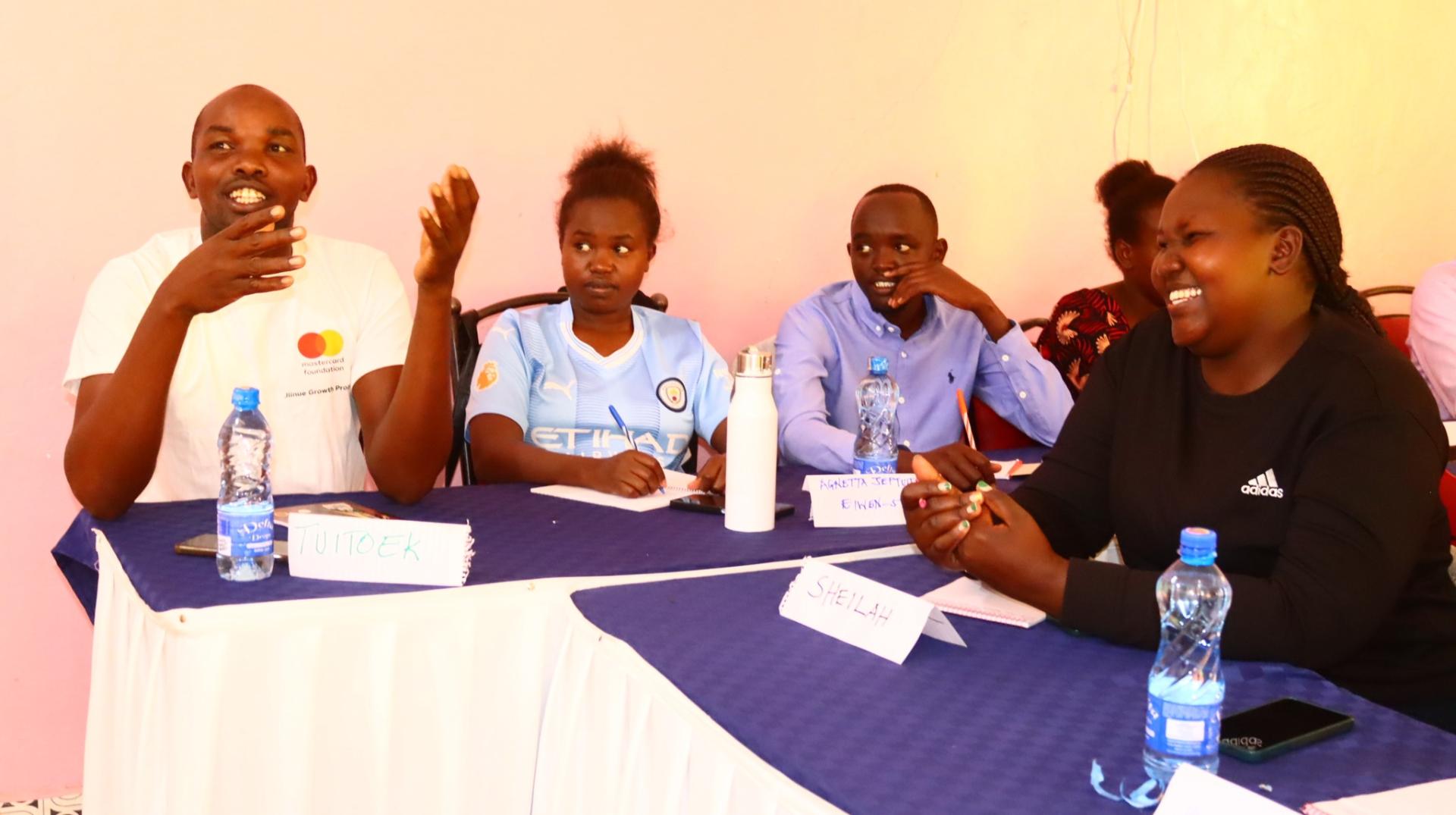
The initiative directly addressed the persistent absence of Endorois voices in national media and policy discussions. Historically, the community has endured forced evictions, denial of land rights, and cultural invisibility. This exclusion is particularly pronounced among Endorois youth, who have limited access to media training, platforms, or mentorship. Consequently, their stories—centered on land, climate resilience, spiritual heritage, and gender justice—have largely gone undocumented. Furthermore, the weakening of intergenerational cultural transmission due to modern influences has left many young people disconnected from their roots. EIWEN’s project created a platform for storytelling that facilitated a re-learning of culture and identity through media, allowing youth to document their lives and engage with Elders, sacred sites, and oral traditions.
The training proved transformative for the participants, many of whom were engaging with cameras, recording devices, and digital platforms for the first time. They learned to script interviews, edit short videos, produce audio stories, and create digital content using mobile phones and laptops. They interviewed community Elders, documented traditional practices, and created content highlighting local issues like climate change, water scarcity, cultural erosion, and youth unemployment. Tracy Kiptui, a young woman trained in Loboi, reflected, “I used to think media belonged to outsiders or people with formal jobs in Nairobi. But now I know that we, too, have powerful stories, and we can tell them in our own way.” These stories were distributed on platforms such as WhatsApp, Facebook, and Instagram in both the local Tugen language and English, and also shared through EIWEN’s networks and local radio stations, thereby increasing the community's visibility and fostering dialogue.
The "Indigenous Voices Unleashed" project has had a substantial impact, most notably in renewing cultural pride and increasing self-expression among the youth. By documenting their stories, rituals, and challenges, they have reclaimed their narrative. Several participants have continued to create independent media content, producing videos, podcasts, and photo essays that are now used in schools, community meetings, and advocacy forums to raise awareness about land rights, environmental challenges, and the contributions of Indigenous knowledge. The project also facilitated significant intergenerational exchange, as young people interviewed Elders, recorded folktales, and revisited historical sites, strengthening the continuity of Indigenous knowledge and values. This process helped revive fading cultural practices and built confidence among youth who previously felt excluded from cultural leadership. Furthermore, the grant enhanced EIWEN’s institutional capacity, better positioning the organization to implement future media-driven projects.
While ultimately successful, the project encountered challenges, including digital access barriers and varying adaptation speeds to new technology, particularly for individuals with disabilities. However, an inclusive and patient approach ensured everyone progressed at their own pace. A key lesson learned was the immense creativity and resilience of youth when given trust and support. The central role of Indigenous language and oral history in compelling storytelling was also affirmed. Moving forward, continued investment from government institutions, NGOs, and development partners in Indigenous-owned media, as well as sustainable funding for community-based storytelling platforms, is crucial. Recognition of community media in national cultural and educational policies could significantly contribute to protecting Indigenous heritage and promoting civic engagement.
The "Indigenous Voices Unleashed" project has ignited a movement of storytelling and cultural revival among Endorois youth. What began as media training has blossomed into a platform for empowerment, advocacy, and identity reclamation, demonstrating that when Indigenous communities control their narratives, they not only protect their heritage, but also shape more inclusive futures. The Endorois are now representing themselves, a testament to true media justice and cultural resilience.
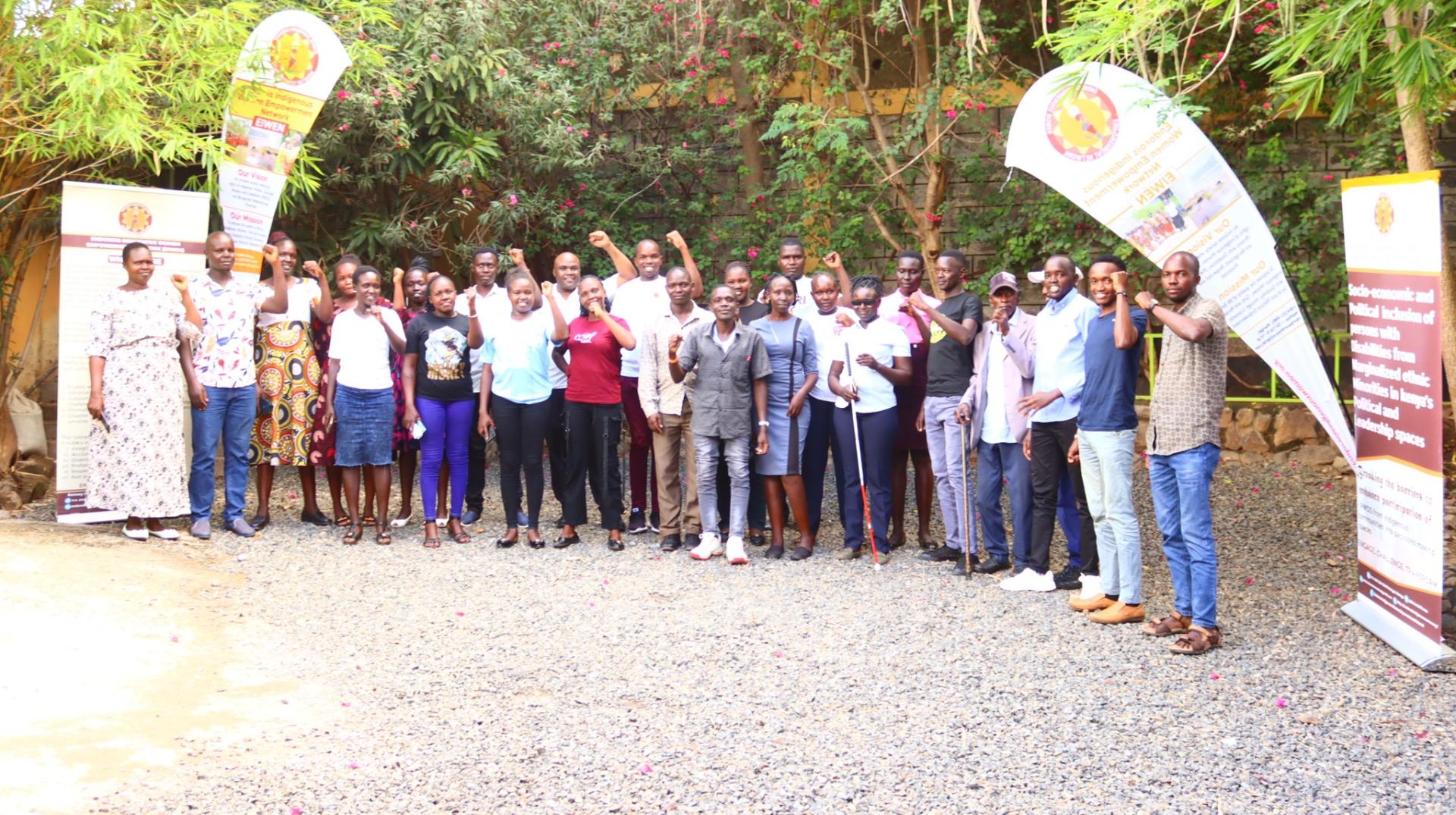
– Titus N’getuny is a communication officer at EIWEN, a community-based Indigenous organization working to uplift the rights and voices of the Endorois People in Kenya. He focuses on Indigenous media, youth engagement, and cultural preservation through storytelling and digital advocacy.
In 2024, Endorois Indigenous Women Empowerment Network (EIWEN) received a grant from Cultural Survival’s Indigenous Community Fund, which provides opportunities for journalism, broadcasting, audio editing, technical skills, and more for community media from Indigenous communities around the world. In 2024, the Fund provided $480,000 in grants to 57 Indigenous communication projects benefiting Indigenous communities in 25 countries across the Americas, Africa, and Asia, including Argentina, Bangladesh, Bolivia, Botswana, Brazil, Chile, Ecuador, Colombia, the Democratic Republic of Congo, El Salvador, Guatemala, India, Kenya, Mexico, Nepal, Nigeria, Peru, the Philippines, Senegal, South Africa, Tanzania, the United States, Venezuela, and Zimbabwe.
